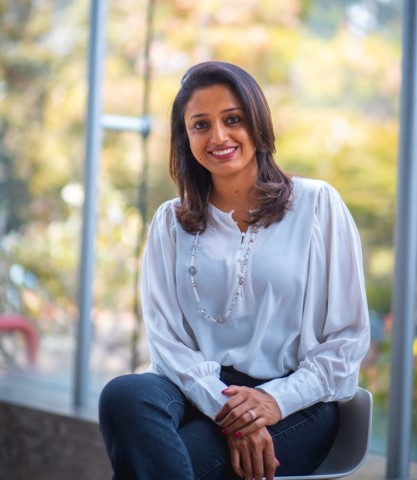National Girl Child Day – Jan 24:
“Every year, National Girl Child Day is celebrated by the Government of India to promote girl education, health, and nutrition. Today is the day to renew our commitment to the girls of our country and strengthen our battle against gender inequality, female infanticide, physical abuse, and discrimination. Let us renew our efforts to educate and empower our girls, who will transform India into a more equitable nation.
At Embassy, we believe that education plays a powerful role in providing women with the knowledge and skills they require to excel in their lives. Programs such as vocational skill development courses, scholarship support, alumni support, and more enable young girls who do not have the capacity to fulfill their education because of economic or social issues to achieve their aspirations through constant and sustained assistance. For instance, in partnership with the Lila Poonawalla Foundation, we are sponsoring scholarships for 60 girls who want to pursue a degree in engineering in Bangalore and Pune. With help from trusted organizations that are experienced in their fields, we can achieve tremendous, positive impact—on the women of India and India herself.”
International Day of Education – Jan 24:
“Education is a human right, but tragically, we have only achieved about 74% literacy in India. Without quality education and equal opportunities for individuals from all economic backgrounds, we will not succeed in breaking the cycle of poverty that is leaving millions of people behind. It is up to us to do our best with the resources we have to educate students living in the poorest of communities, support them in building their skills, be able to stand on their own two feet and be an asset to the nation.
At Embassy, we aim to provide holistic interventions in education to underprivileged children in a safe learning environment. These programs are curated to support a child from cradle to career, starting at the Anganwadi level and going all the way up to employment. This year, we have continued to support students across 15 government schools, 8 anganwadis, and 50 tribal schools with interventions in math, English, life skills, the provision of learning resources and teachers, after-school support, industry exposure programs, skill development, and more.”

